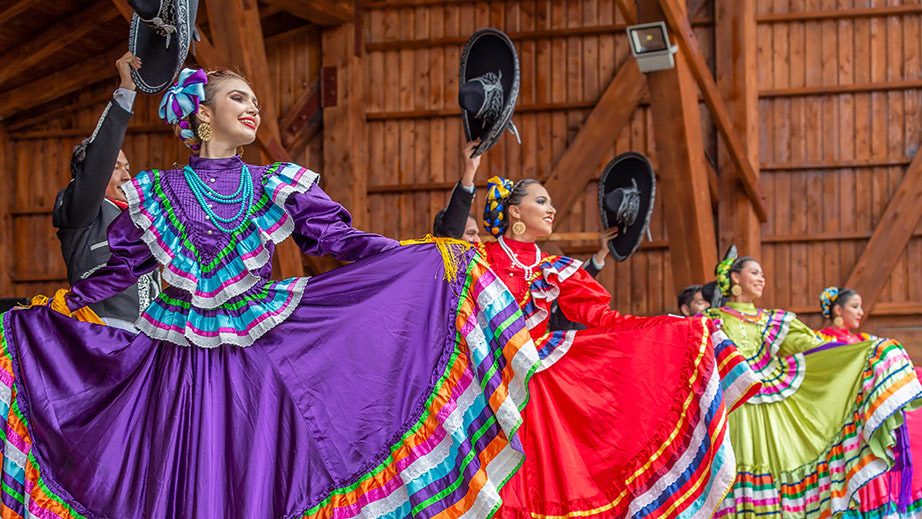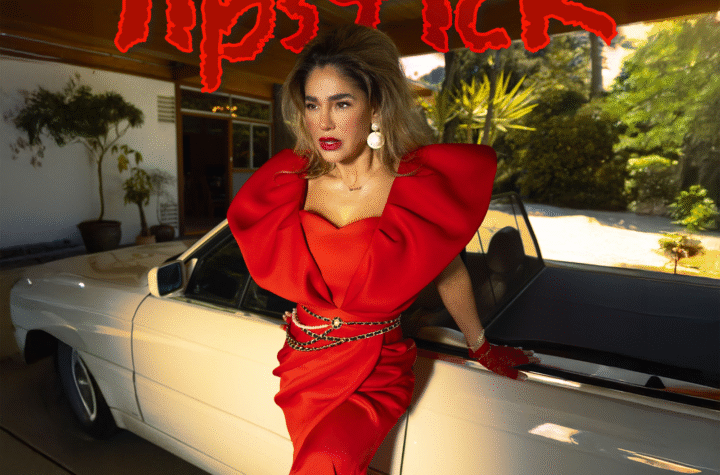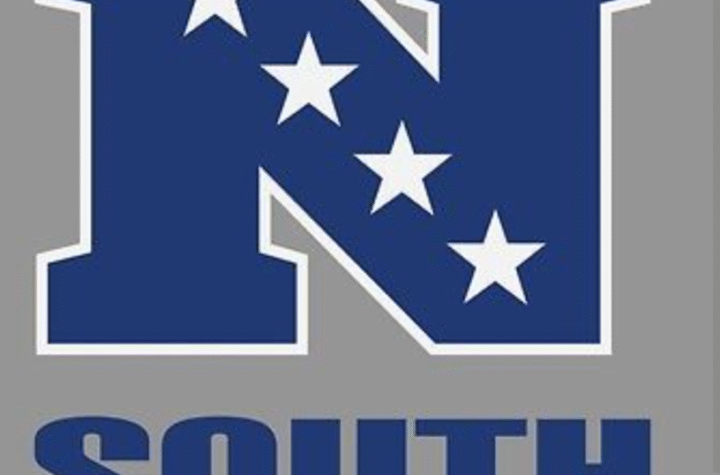
Hispanic Heritage Month, observed annually from September 15 to October 15, is a crucial time to celebrate and recognize the profound contributions, culture, and history of Hispanic and Latino Americans. This month-long observance began in 1968 as Hispanic Heritage Week under President Lyndon Johnson and was extended to a full month in 1988 by President Ronald Reagan. The dates were chosen to align with the Independence Day celebrations of several Latin American countries. The theme for 2024 is Pioneers of Change Shaping the Future Together, reflecting a focus on honoring those who have driven progress and innovation within the Hispanic community.
The significance of Hispanic Heritage Month lies in its focus on honoring the rich diversity within Hispanic and Latino communities. Individuals from Spain, Mexico, the Caribbean, and Central and South America have contributed unique traditions, languages, foods, and customs that have become integral to American culture. This month provides an opportunity to celebrate these diverse cultures, recognizing both their unique attributes and their collective contributions to the cultural landscape.
The timing of Hispanic Heritage Month is meaningful as it coincides with the independence anniversaries of several Latin American countries: Costa Rica, El Salvador, Guatemala, Honduras, and Nicaragua all celebrate their independence on September 15, while Mexico and Chile observe theirs on September 16 and September 18, respectively. This period not only highlights the heritage of those with Hispanic roots but also serves as a reminder of the historical struggles for freedom and self-determination in Latin America.
Celebrating Hispanic Heritage Month is vital for fostering greater awareness and understanding in a multicultural society like the U.S. Recognizing the contributions of Hispanic Americans helps bridge gaps between communities and encourages education about their historical, artistic, and societal roles. This month showcases their achievements in various fields, including politics, science, sports, and entertainment.
For biracial individuals with Latin heritage, Hispanic Heritage Month holds special significance. It offers a chance to connect with their Latino roots while embracing their multicultural identity. Celebrating this month allows biracial individuals to honor the distinctive aspects of Latin culture—its history, language, and traditions—within their personal heritage. It provides a space for them to assert and embrace all parts of their identity, fostering a sense of pride and belonging.
Numerous notable Hispanic individuals have made significant contributions across various fields. Historical figures like labor leader Cesar Chavez and civil rights activist Dolores Huerta were key in advocating for workers rights. Frida Kahlo left a lasting impact on the art world, while Gloria Estefan made strides for Latinos in music. Rita Moreno, an EGOT winner, exemplifies exceptional talent across entertainment.
Contemporary figures include Lin-Manuel Miranda, who has revolutionized theater with Hamilton, and Alexandria Ocasio-Cortez, a prominent Puerto Rican-American Congresswoman. In music, Puerto Rican reggaeton artists like Bad Bunny and Farruko have transformed the industry, with Farruko blending reggaeton with socially conscious lyrics. Along with rising artist such as Marcel Mendoza and International Nova.
Hispanic Heritage Month is more than just a cultural celebration; it is a recognition of the vital role Hispanic and Latino Americans play in enriching the social, economic, and cultural fabric of the United States. By celebrating this month, especially with the theme Pioneers of Change Shaping the Future Together, we promote unity, inclusivity, and acknowledgment of the diverse voices that have shaped our nation. For biracial individuals, it is an empowering opportunity to celebrate the fullness of their identity and the blending of cultures that make them unique.
For more information on in-person or virtual events, check out the National Museum of the American Latino, the Hispanic Society of America, the Museum of Latin American Art, and Google, as well as local listings in your city for events in your area.





More Stories
Mother Suriname, season 17 premiere of AfroPoP: The Ultimate Cultural Exchange
Besties to Bae? Brenda & Derek’s Endgame Dilemma
The 32nd New York African Film Festival (NYAFF) is now gracing Brooklyn, with its opening night at BAM (Brooklyn Academy of Music) tonight, May 23.